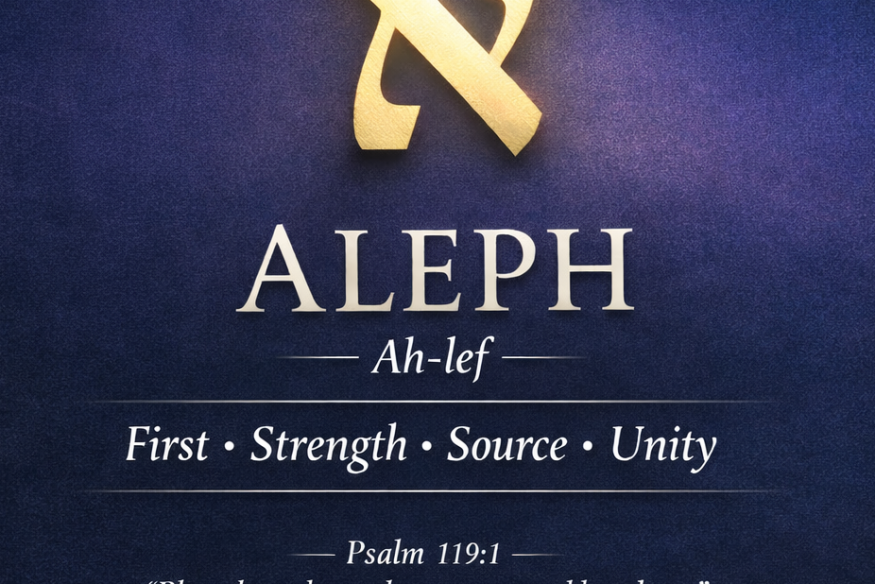
-
YAHUAH as the Sole Savior
- YAHUAH is identified as the creator and the only savior.
- Salvation is sent to humanity through humans, not through other means.
-
Interpretation of Isaiah 53
- Discusses the suffering servant who is oppressed and afflicted yet remains silent.
- Highlights themes of sacrifice, atonement, and justification of many through the servant's suffering.
- Emphasizes that the servant's sacrifice was pleasing to YAHUAH, not to people.
-
Historical Context and Torah
- Argues that the documented history and instructions from YAHUAH did not end with the Bronze or Iron Age.
- Suggests that YAHUAH provided further instructions beyond traditional periods.
- Critiques the cessation of divine instructions leading to captivity and loss of commandments.
-
Yahusha’s Role and Meaning
- Yahusha means "YAHUAH is salvation."
- Salvation is mediated through humans, not animals or other creations.
- Differentiates Yahusha from traditional or "storybook" versions.
-
Nehemiah 9:27 and the Sending of Saviors
- YAHUAH sends saviors to deliver people from enemies.
- Despite periods of rest, people return to wrongdoing, necessitating continued saviors.
-
Enoch’s Teachings on the Son of Man
- Describes the Son of Adam's relationship with the Ancient of Days.
- The Son of Man exists eternally and serves as a light and hope for nations.
- Highlights the eventual fall of those who deny YAHUAH and the Son of Mashiach.
-
Rejection of Traditional Sacrifices
- Criticizes the reliance on animal sacrifices and rituals.
- Emphasizes that genuine repentance and adherence to commandments are required.
- References Psalms and Isaiah to support the rejection of empty rituals.
-
Distinction Between True Mashiach and Doctrines
- Asserts that true Mashiach does not seek personal glory but acts in the Father's name.
- Criticizes contemporary doctrines that distort Hebrew language and teachings.
- Encourages prayer and worship directed solely to the Father.
Key Points
-
Salvation Through Humanity: YAHUAH provides salvation via human agents, rejecting the notion of salvation through animals or other means.
-
Suffering Servant: In Isaiah 53, the servant's silent suffering serves as an atonement for many, pleasing YAHUAH and fulfilling divine justice.
-
Continuous Divine Guidance: Contrary to beliefs that divine instructions ceased after certain historical periods, YAHUAH continues to provide guidance and send saviors.
-
Authentic Worship: True worship involves following the Father's commandments rather than performing rituals or sacrifices without genuine repentance.
-
True Identity of Mashiach: The true Mashiach aligns with the Father's will, avoiding self-glorification and focusing on restoring adherence to divine laws.
Additional Insights
-
Critique of Contemporary Practices: The discussion challenges modern religious practices that rely on outdated rituals without meaningful adherence to commandments.
-
Language and Doctrine: Points out the confusion caused by distorted Hebrew language and doctrines, urging a return to authentic teachings.
-
Encouragement of Genuine Faith: Emphasizes the importance of sincere faith and actions over mere ritualistic compliance.







































Comments(0)